We need to talk about Contentifuckation. To be completely blunt, the past five years have lead to an absolute flood of low-value Content far worse I've seen in all my years in tech combined. This has obvious impact on people stuck inside during a pandemic, considering they're newly permanently-online. It also has a not-so-obvious impact on art media itself, and that's what I want to discuss.
To my trained eye, many art media industries are following a tech-fueled pattern that I've witnessed for well over a decade now. Worst of all, I'm not sure consumers know this is happening, let alone how, or why they should care.
Let me try to answer that for you: It's about the flattening of Art into Content. Today, I'm going to give you a crash-course on technology, art and business to shoot a warning flare into space. Let's begin.
What is the Contentifuckation?
A Fast Digital Marketing Overview

For those unaware, many online platforms bank on an endless stream of consumable-whatever to keep eyes on them. This is called Content. Marketing dashboards track category-tags and actions, then funnel this so online publications can pump out well-performing editorial content each month. Moreover, social media platforms do the same thing, plus with user generated content and algorithms. Algorithms that make decisions for us on what content to consume.
What we're all left with from this craft, release, pump and measure of online content is echo chambers, bad op-eds, copious Youtube clickbait and more. Otherwise known as: low-value Content.
Now, don't get me wrong. In the early days, having data was great. Getting your art, articles, videos, etc in front of people isn't easy, and all this technology helped. However, as online processes streamlined and big data got bigger, this had an unintended consequence: The flattening of creativity.
For example, if all news articles are written with "search engine optimization" and "virality" in mind, that means editorial quality suffers. Not only that, but if social media's goal is to keep you on it, it will favor content that makes that happen. Namely, content that provokes outrage, gets consumed fast, hits hard then drops away. What this means is technology has a habit of changing both our consumption and creation behaviors, not the other way around.
To summarize this section: With a streamlined, homogenized internet, people are now making Human Stuff for technology, rather than using technology to improve Human Stuff.
Let's not get stuck: We're not just here to discuss what the internet does to online creative objects, but what it's doing to all art media. In order to get there, Art needs to be defined far and away from low-value Content.
How Do We Define Art In The Digital Age?
Art Is Human Artifact As Ephemeral Intention

Art is anything ephemerally important to humans, packaged by humans into Human Artifacts. That can mean feelings, emotions, idea, aesthetics and more. Art intention can also be to entertain, which is why entertainment is sometimes art, but not always. In addition, Art also boils down to what capitalism can't commodify easily, because human experience defies easy classification in dipshit spreadsheets.
Capitalists have historically struggled with art. Slapping a price on a painting that brings people to tears isn't something profit punks know how to do. They're too incompetent about real people to assess their experiences, let alone human artifacts of said experiences. They're also not interested in doing so.
What business weirdos are interested in is monetizing Art in any way they can, which often means sanding it down to cheap, reproducible products. This hyper-complicates with Entertainment, but we'll get to that in a moment.
To summarize this section: Art is about human ephemeral intention transformed, often into objects, but not always. Art has social value and cannot be easily monetized. Do not speak the devil Warhol's name at me: Cultural critiques are ephemeral-intention, dingdong.
How Do We Define Entertainment In Modern Terms?
Entertainment is Mass Consumable Art

From superhero movies to sweeping romance novels, entertainment media is everywhere and much of it is beautiful art. In my humble opinion, entertainment was the great creative compromise. It was meant to bridge Art to the masses via business and make it more accessible. And for a long time, that's what it did.
For example, from Dogma 95 art films came adopting their techniques to humanize blockbuster epics. Every time you watch a movie with in-scene soundtracks, that's Dogma 95 waving from the 90s. Basically, where an artist made a breakthrough, entertainment made it mass-accessible. I have warm feelings for entertainment done right and with respect to its inspirers, not merely as feats of skill, or as accessible art objects, but as a way to distribute culture.
There is no better form of propaganda than entertainment, and artists have been creating subversive works (like pop culture flavored queer books) for just that purpose for forever. We can educate with entertainment as much as we can spread joy. We can even shift cultural narratives, or enrich lives with a wild adventure. Entertainment is what most books and TV shows strive for as well, which is a truly lovely endeavor.
To summarize this section: Entertainment is the marriage between the ephemeral-intention of art, the public and business. Entertainment is a valuable endeavor when done with parity. It can also be art, and at times, education.
Let's move onto the elephant in the room: Defining Content.
How Do We Define Content?
Content is the mere shadow of Art and Entertainment

Content is born from online data, serves business goals, and was made to be experienced fast, then tossed. For if users spend too long on one Thing, they won't move to the next, which stops the consumption pipeline. Content's main purpose is to fuel metrics, waste time for users, and warp their actions to serve said metrics, namely the metric of engagement.
Examples of Content are SEO articles with no real drive to entertain, educate or otherwise. They're social media outrage posts made to yield comments. They're Youtube videos algorithmically honed within an inch of their life. They're books based solely on digital trends and nothing else. They're even television shows made with audience data, created to hit viewership targets. Effectively, Content is the ghost of its better peers known as Art and Entertainment.
Content is rarely Art, unless it's subverted and self-aware, leading to web art. Content is also rarely Entertainment, unless it's personably intentional, which is why Influencers are so popular. They're the internet's real entertainers.
To summarize this concept: Content's aim is business and metrics. It has no ephemeral-intention, lacks the staying-power of entertainment, has no educational value and is designed to be used and discarded.
What does all of this art, entertainment and content stuff mean?
And are creative industries really getting this bad?

If this soup of technology and art media is left unchallenged, all of us can look forward to a future where Art and Entertainment are replaced with low-value Content. And yes, I argue creative industries really are getting this bad, if not walking the path to bad if they're not careful.
The Contentifuckation of Art is just me whispering "NFTs" and you immediately throwing up. NFTs are how business is attempting the Contentifuckation of fine art, music, video games, sports and I'm not going to link anything else NFTs make me want to commit stab-my-eyes.
The Contentifuckation of TV is streaming platforms like Netflix dropping shows based on engagement—which is a digital marketing metric. Entertainment isn't currently allowed to flourish as its meant to. This is happening everywhere. From HBO Max, to Neflix, to Hulu and beyond. Nothing is allowed to last very long at all, which means consumers miss out on the full breadth of Art-Entertainment in its most beautiful waltz.
What about music? It's as easy as saying "TikTok" and you should probably get what I mean. If not: Writing songs solely for social media use is called Contentifuckation. It's not an art or entertainment experience, it's a brand moment. Hope this helps.
Contentifuckation of Content itself is also happening. It's content marketers making online objects in service of a technological demon based on data go dingdong. It's editorials not in service of education, providing insight, or even offering consumers a real product, for that matter. This has been going on for years, mind you.
Let's talk the Contentifuckation of books. In good news, we're not there yet. For an early warning-bell, publishers are making deals with BookTokkers due to clout. Not only that, but SEO-friendly trope marketing is hitting mass as I type. Lastly, publishing is working with BookTook to create bestsellers. Now, none of this is cause for concern on its face. In fact, these are usual steps a legacy industry takes to wade into digital waters. To wit: Clout can be a metric for potential book popularity, tropes aren't a bad thing, and Influencer marketing is both very usual and vital these days.
However, if publishing begins to mind social media, big data and technology without surgical skepticism, we are in store for Content. This is what happened to social media, journalism and online videos. It's happening to television, music, and gaming. Publishing cannot dodge the Contentifuckation if it isn't aware of it, which is why I wrote this article to begin with. I'm warning artists and decision makers of a techno-homogenic pattern I've seen for over a decade now.
In my expert opinion: Low-value Content is now the norm for many digital lanes—and with its speed and pattern of adoption—looks primed to infect art media arenas, some quicker than others.
It's OK if you think I'm overreacting, or find me arrogant for warning art media leaders and artists the world-over. There's just one problem: I'm the freelancer tech hired to analyze digital patterns and inject art into Content. If I'm warning you from the other side, that means something.
So, what can we do about the Contentifuckation?
IDK, but we need to make better decisions lolol

Last I heard, Google was putting out an update to crush low-value Content, which I hope will impact all branches. I also have hope that when the digital ad bubble bursts (it's on-track to) we will again see less artificial semantics in digital objects. Finally, I'm counting on young platforms like TikTok to evolve, Twitter to pivot to long-form, and many other developments my tech-fused brain is tracking as I write this article.
Due to all of this, I have a small thimble of faith that art media industry decisions can be swayed before it gets super-bad. Maybe if the internet steers towards material reality again, we will get some real human shit perma-stamped on the menu. I don't know, a gay can dream.
Ultimately, my concern is technology calling all the shots for Art, Entertainment and beyond. Tech giants have not proven themselves socially competent or ethical enough to offer benchmarks for human art consumption or output. Until tech upskills its art-noodle, this will remain a fact.
But if tech never grows up, what then? Art media decision-makers must be very careful with how they're operating in our online attention economy. If they aren't, the future of both Art and Entertainment is low-value Content, and I know for a fact we'll hate every bit of it.
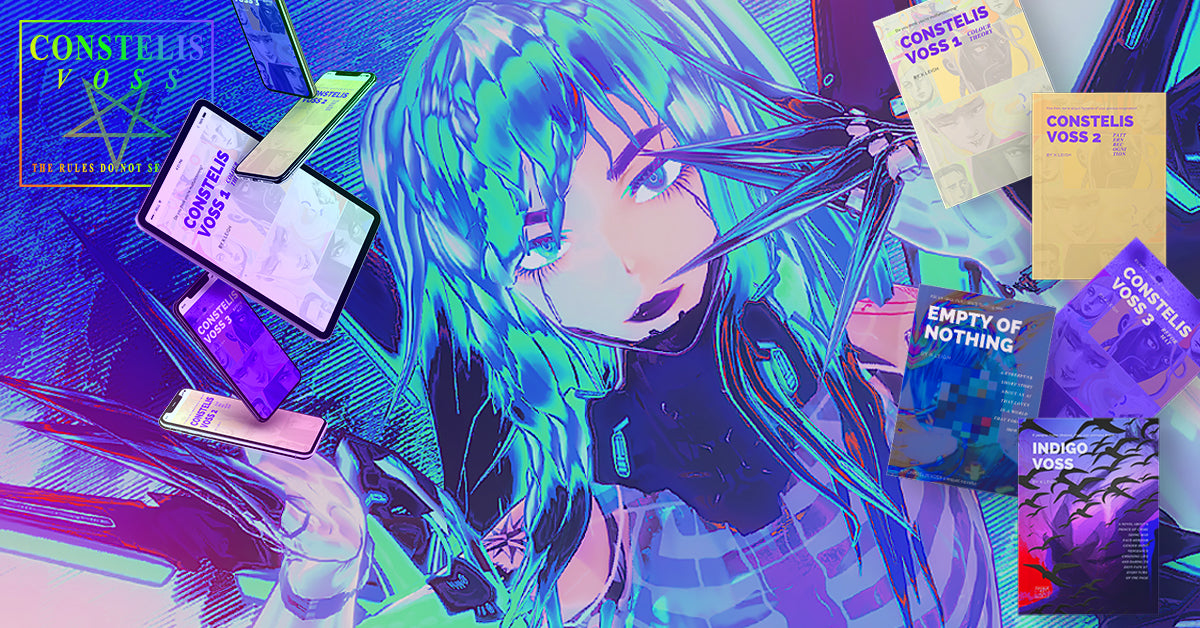
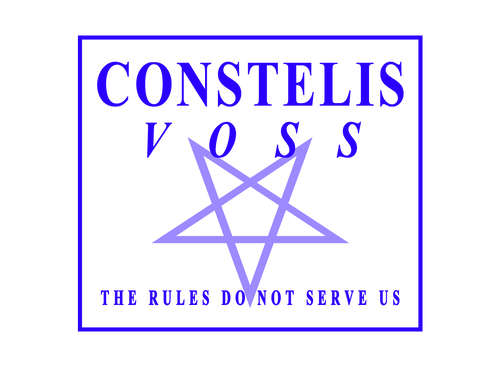


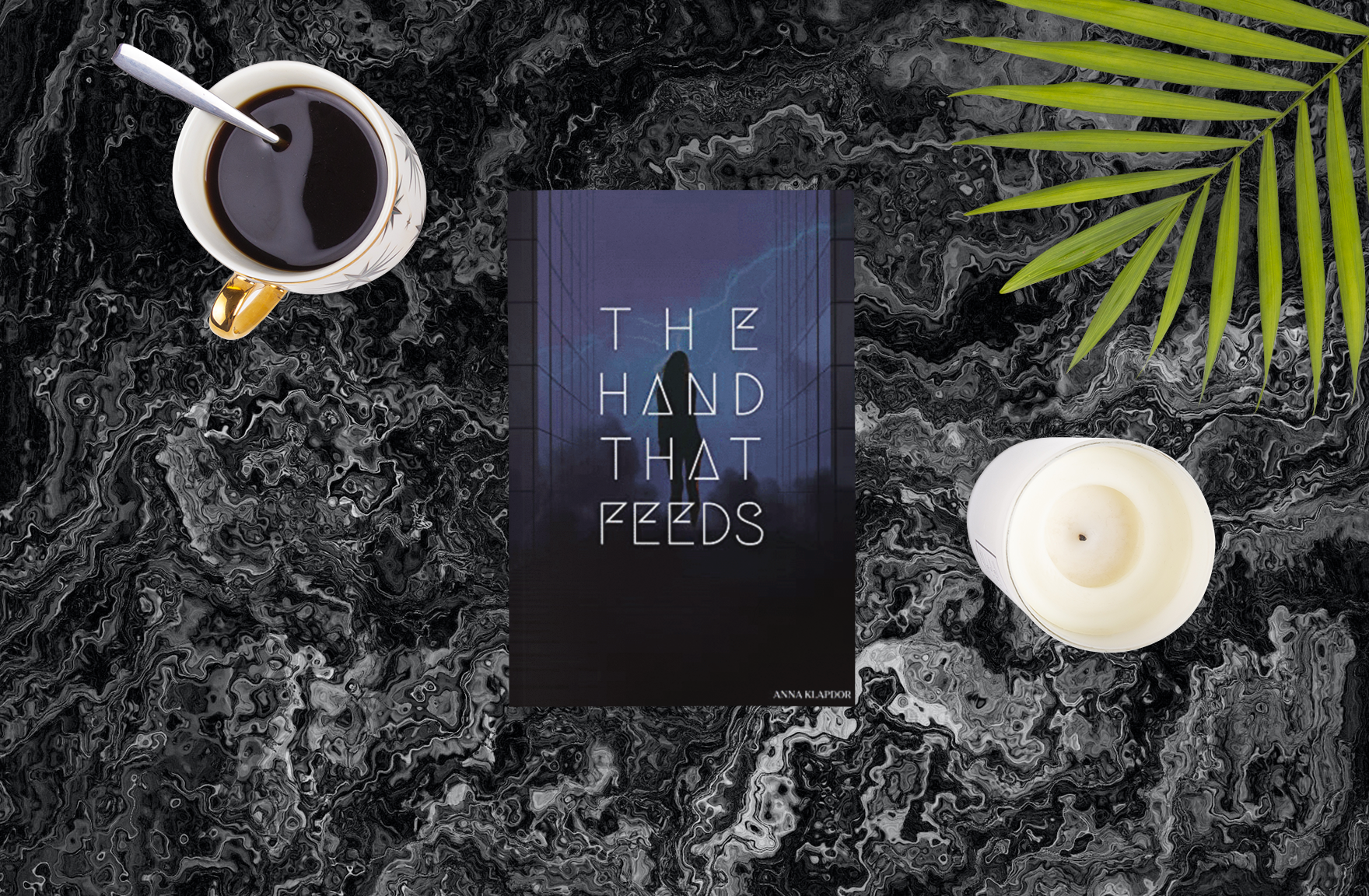
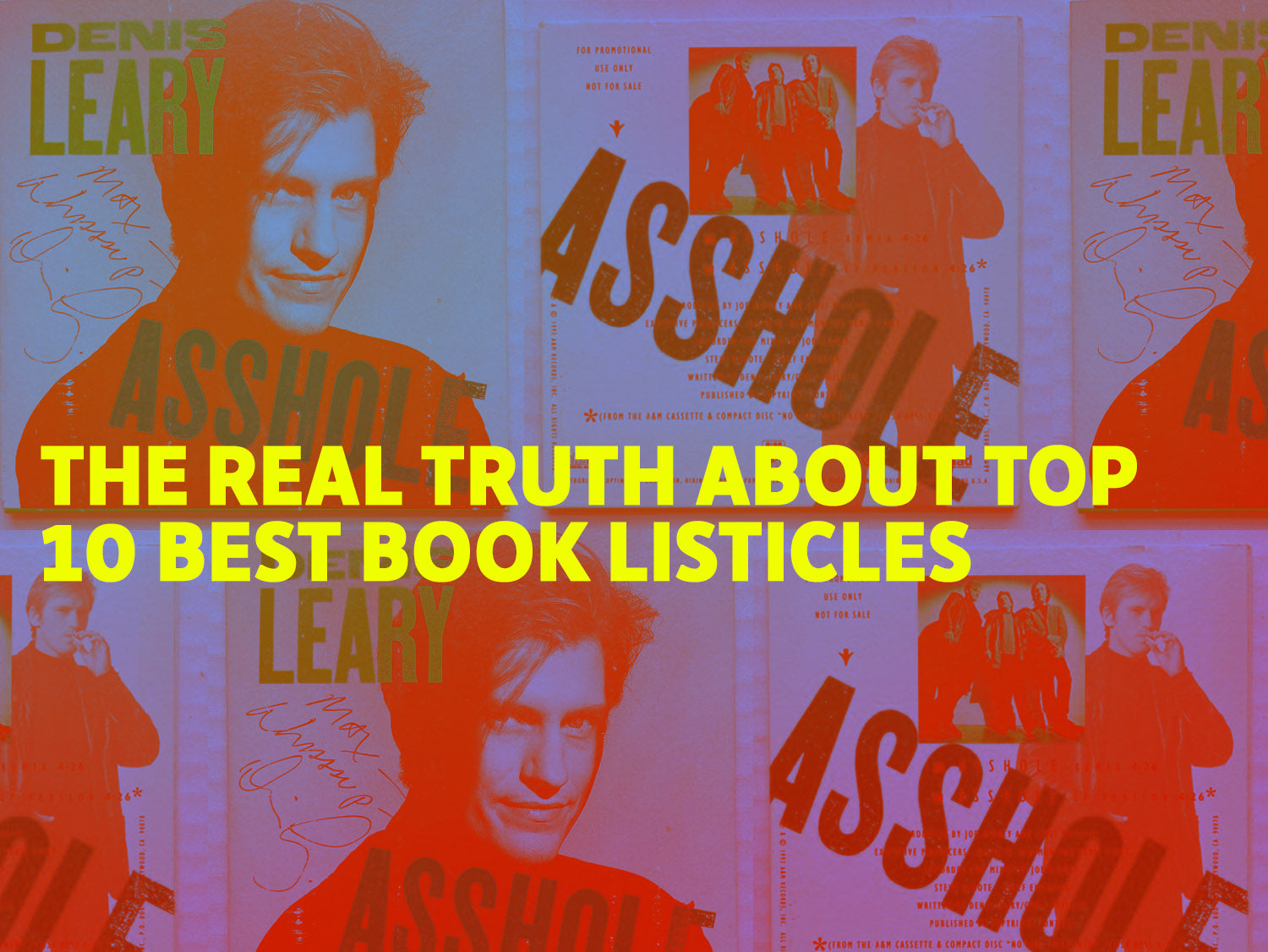
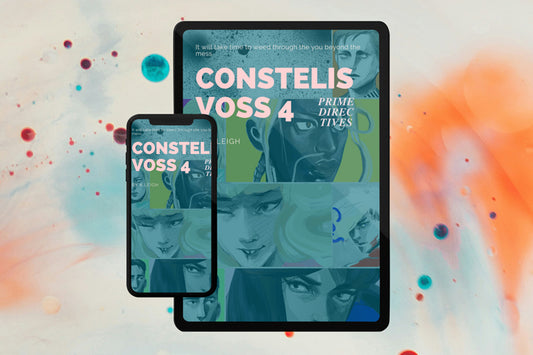
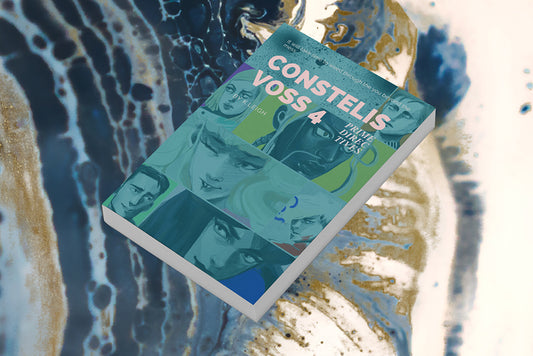
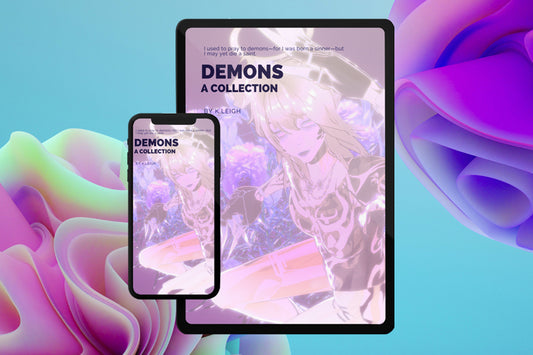
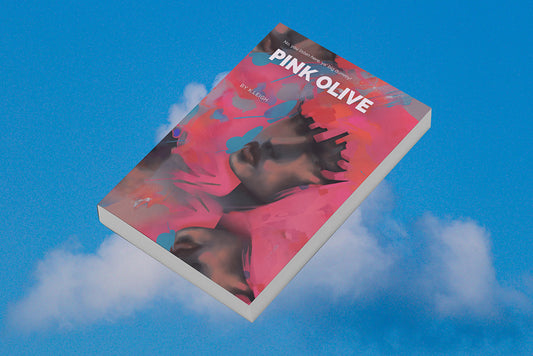
2 comments
This article generously organizes a broad pattern that has deep impact on micro-aspects of the creative and artistic process, let alone entertainment ( the commodification of the aforementioned). The contentifuckation effect can be easily recognizable when creators ( artists) put the ‘target audience’ first as a priority, with detriment to what they actually FEEL is theirs to share, create, recreate or express. This tug of war between (the need of) recognition, impact and legacy, with the imbalances that algorithmic trends impose on so much of current discourse- online and offline – is coming to a critical tension, and yet again, one can hope for humans to be humane, but the scarcity mindset spread by the growing fascist trends in many spheres tells me otherwise.
Thank you for this amazing and deeply helpful article.
I would say we are in a Contentifuckation bubble that is going to cause a huge collapse in the entertainment industry. What we are seeing is going to cause Netflix to collapse and Discovery to probably sell off WB. A byproduct of that will be more consolidation of media companies which could just cause the cycle to repeat again. Which is, you know, bad.